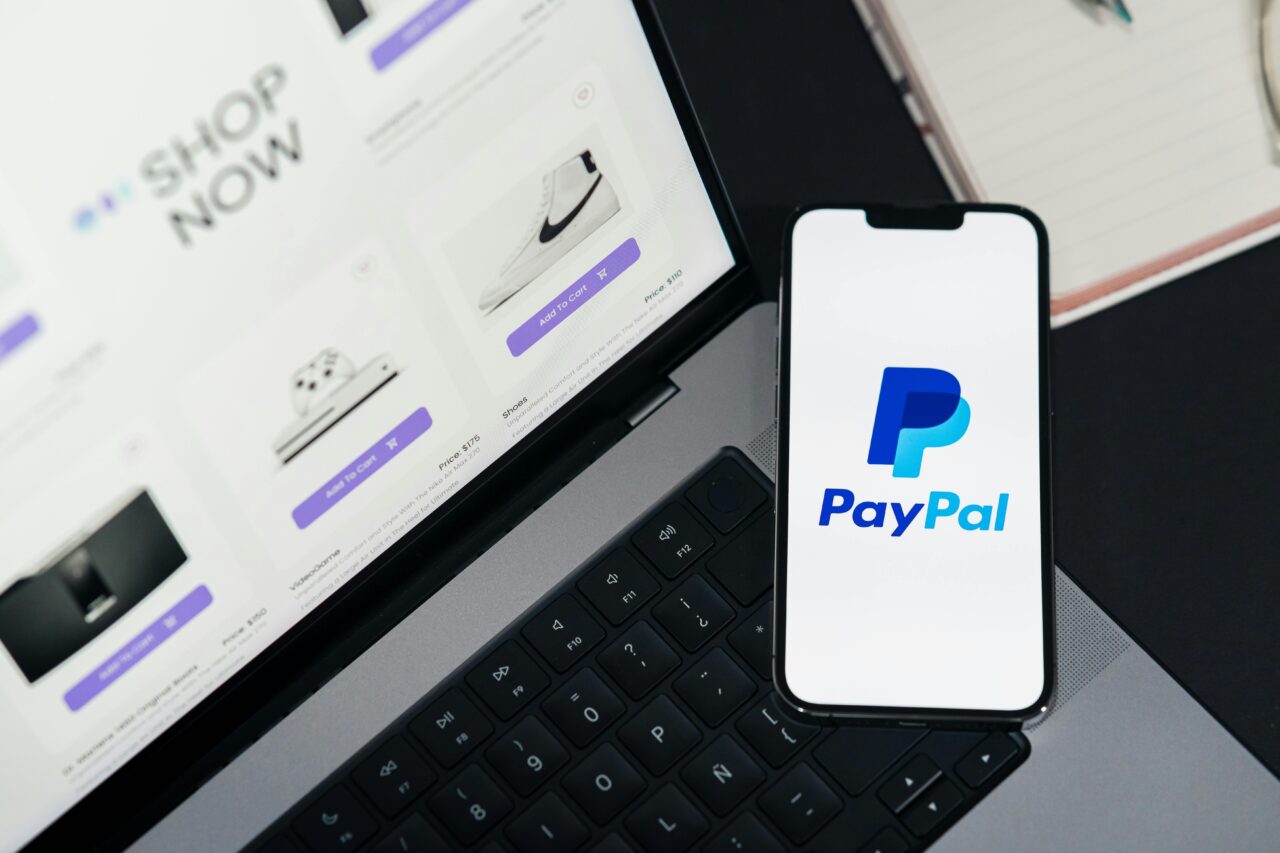“You have to keep learning if you want to become a great investor. When the world changes, you must change.” That’s right out of Warren Buffett’s annual letter which serves to both enlighten and update investors. Slow change is tough to monitor, and past beliefs must be challenged in order to anticipate the “creative destruction” that happens when systems change. That brings us to our long-held belief that open source is an advantageous business model for software companies to adopt. But what happens when open source starts to work as an advantage for the competition?
The Open-Source Movement
“Free software” doesn’t refer to kyping whatever goodies happen to be on your favorite file sharing program. If you know what “warez” means (and how to pronounce it), you’ll remember the days of public-domain software which could be freely copied and used by anyone. Typically, these software programs were built by small groups of programmers whose communities supported them by reporting defects or suggesting future enhancements. When the community wanted to get more hands on, open-source software emerged.
The source code is the DNA of a software program which developers can manipulate, provided they’re given access to it. Source code hosting facilities like GitLab (itself open source) allow multiple developers to collaborate on a single piece of software and the resulting efforts (including support, defect fixing and enhancements) form an open-source software (OSS) solution. Since OSS can’t be owned by anyone since it’s free to u




































